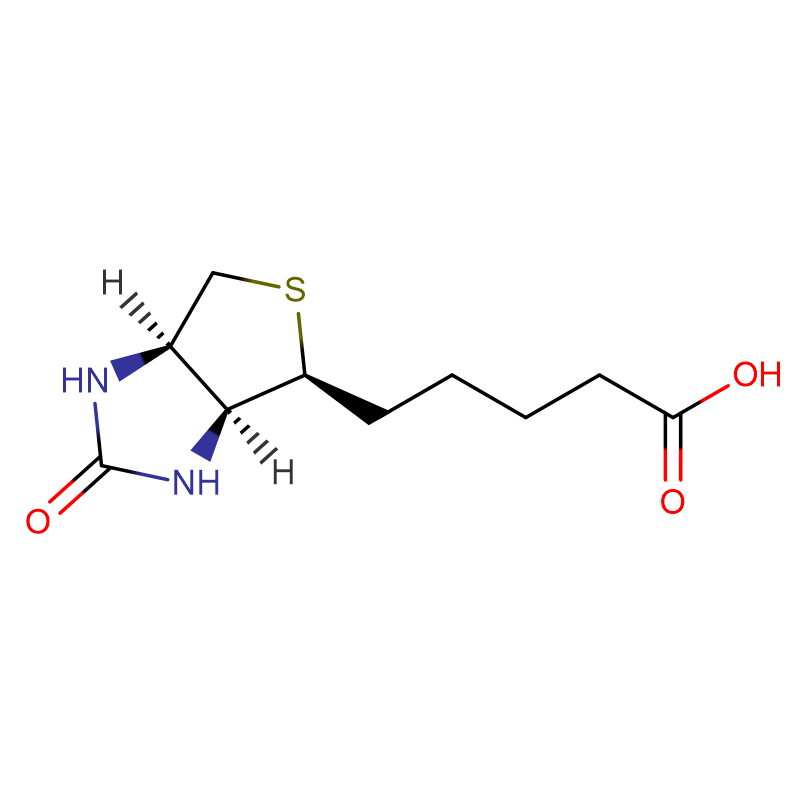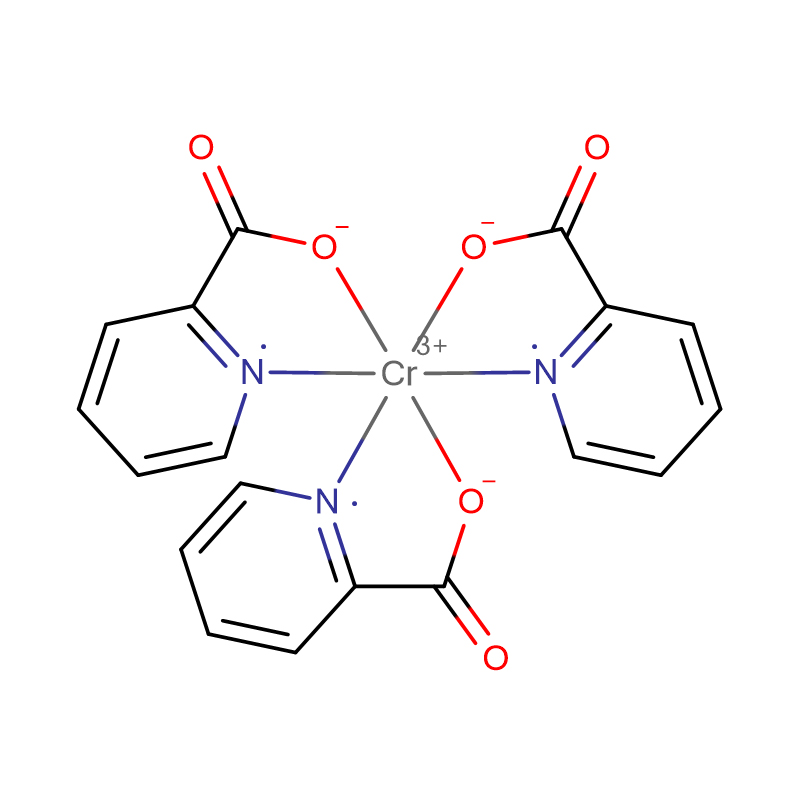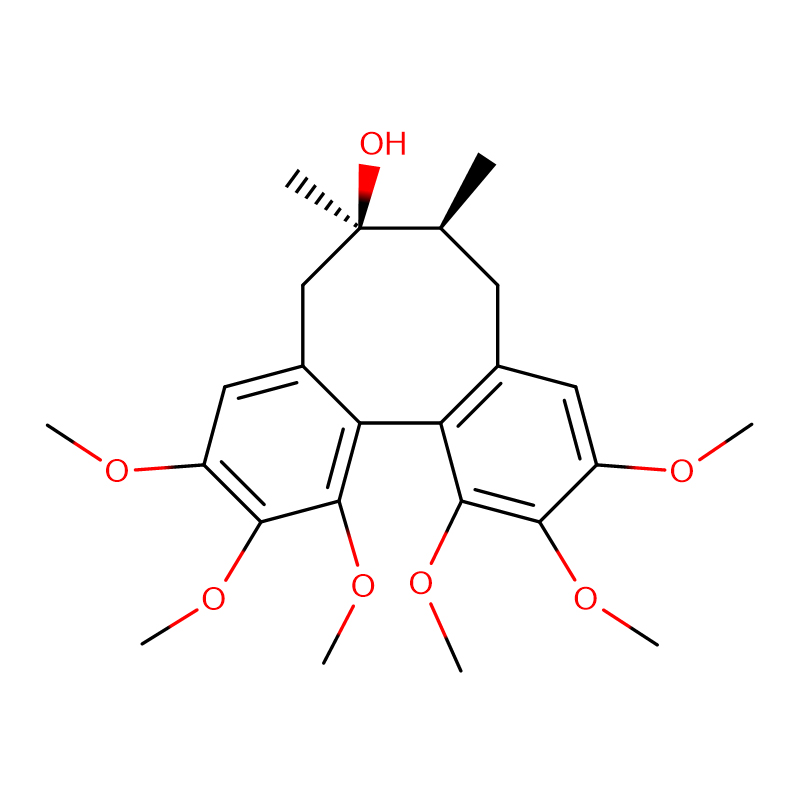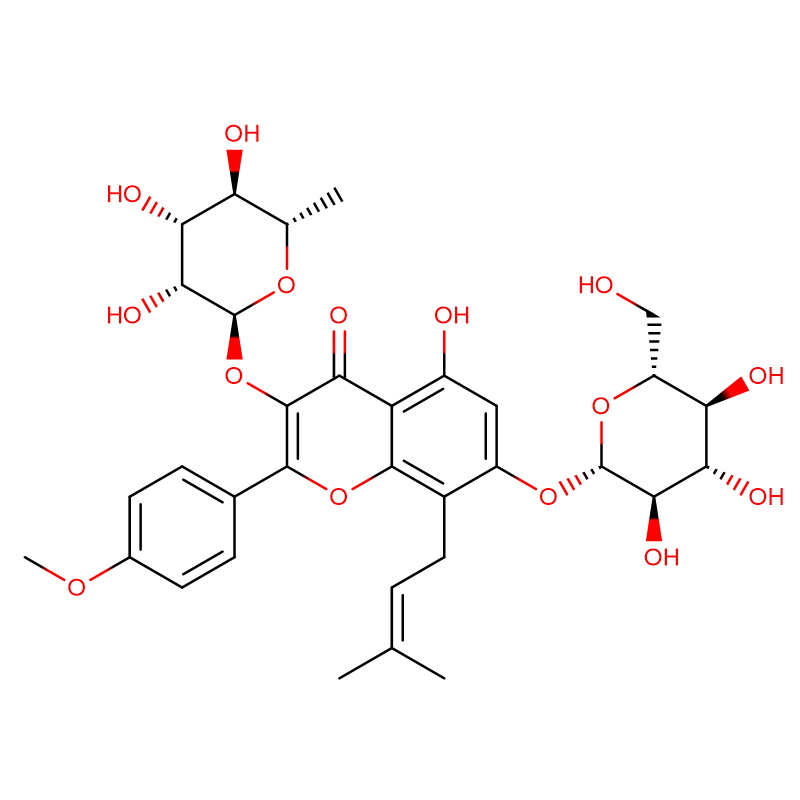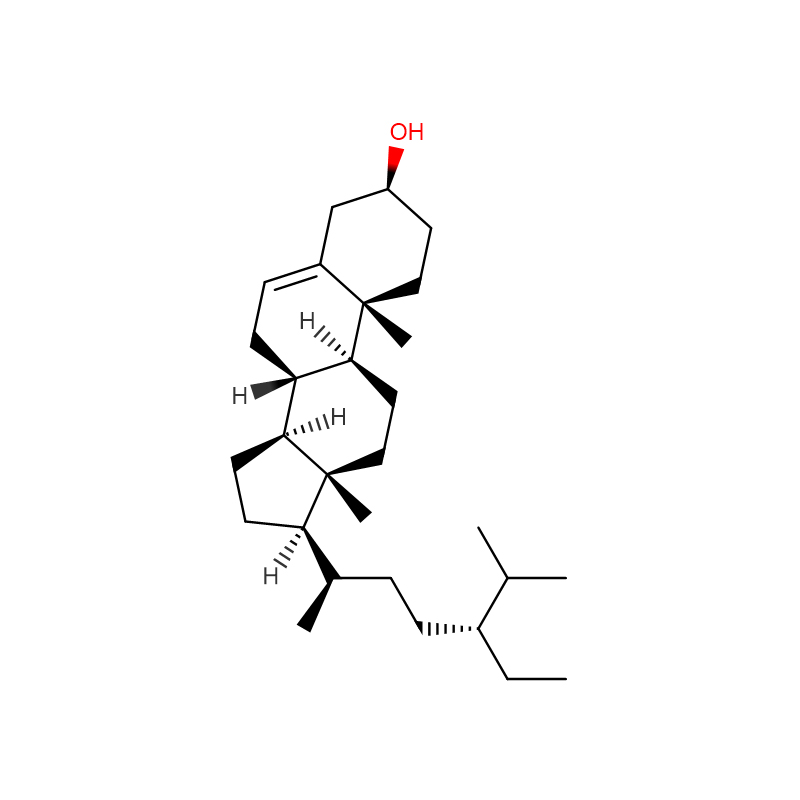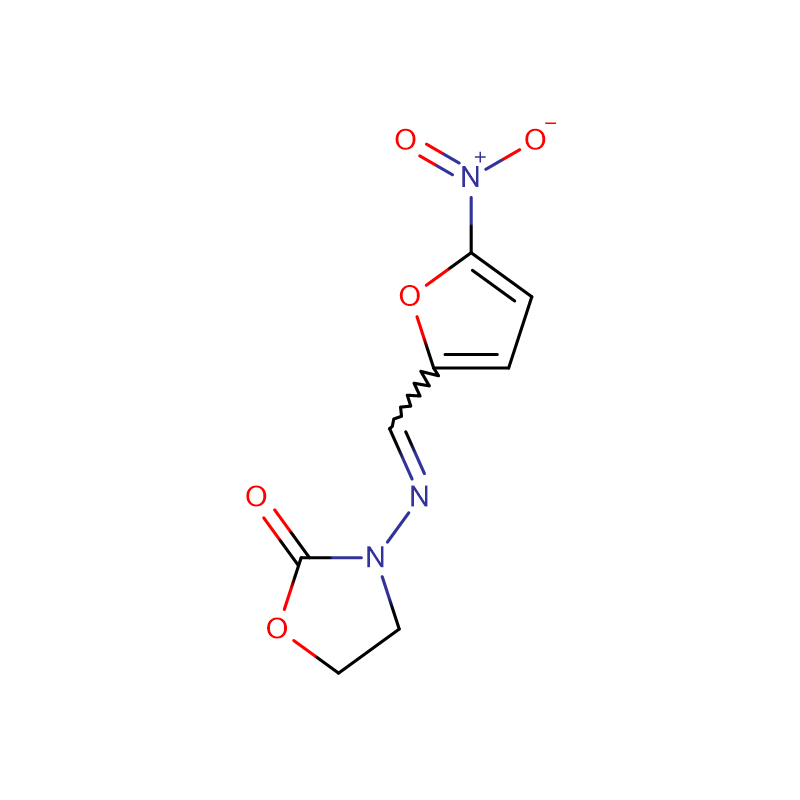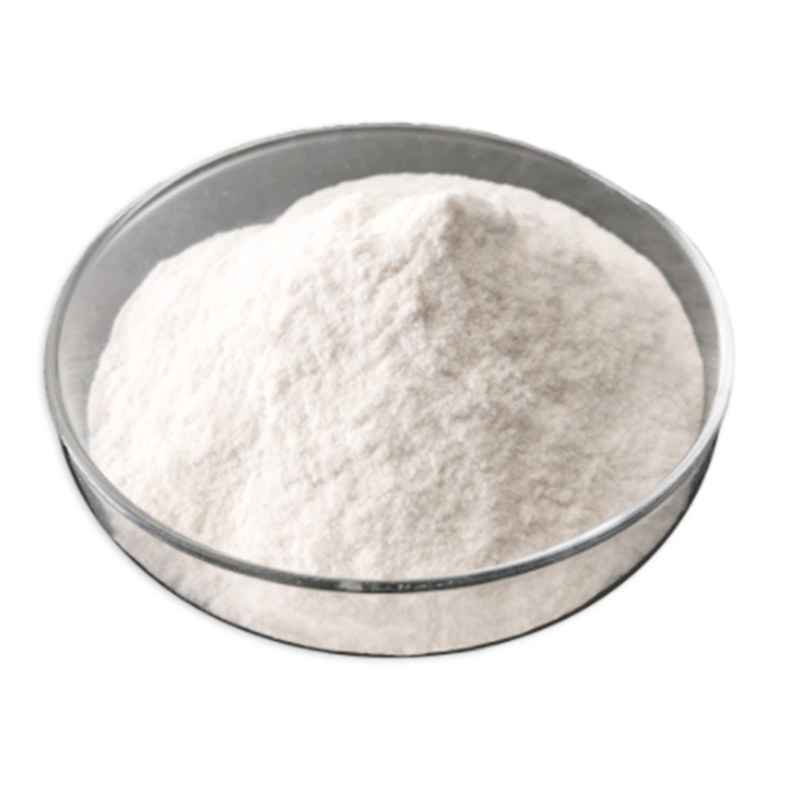Biotin 1% Cas:58-85-5
| Catalog Number | XD91244 |
| Product Name | Biotin 1% |
| CAS | 58-85-5 |
| Molecular Formula | C10H16N2O3S |
| Molecular Weight | 244.31 |
| Storage Details | 2 to 8 °C |
| Harmonized Tariff Code | 2936290090 |
Product Specification
| Appearance | White to off-white crystalline powder |
| Assay | ≥99% |
|
Melting Point |
229 - 235 Deg C |
|
Solubiility |
Very slightly soluble in water and alcohol |
D biotin is a water-soluble vitamin in eight forms, biotin, also known as vitamin B7. It is a coenzyme - or helper enzyme - used in many metabolic reactions in the body. D-biotin is involved in lipid and protein metabolism and helps convert food into glucose, which the body can use for energy. It is also important for maintaining skin, hair and mucous membranes.
Application: Biotin is an essential coenzyme in carbohydrate, fat and protein metabolism. It is involved in the mutual conversion between carbohydrate and protein, and the conversion of protein and carbohydrate to fat. And acts as a coenzyme of carboxylase, transferring carboxyl groups and fixing carbon dioxide. It also acts as a carboxyl carrier for many enzymes, immobilizing carbon dioxide and decarboxylation in carbohydrate metabolism. Biotin participates in the metabolic process of sugar, protein and fat in the form of coenzyme in animal body. Biotin is necessary to maintain the development of animal skin, hair, hooves, reproductive and nervous systems. It can also improve feed efficiency and increase body weight. Lack of, slow growth, reproductive obstacles, dermatitis, depilation, skin keratosis and so on. Pigs commonly have ulcerated skin, inflammation of the oral mucosa, diarrhea, cramps, cracks and bleeding at the bottom of the hoof. It is mainly used as an auxiliary agent for the pathological changes and malnutrition caused by vitamin H deficiency.
Use: as feed additive, mainly used in poultry and sow feed. The usual premixed mass fraction is 1%-2%.
Use: nutrition supplement. It can be used as processing AIDS in food industry. The product has the physiological functions of preventing skin diseases and promoting lipid metabolism. High consumption of raw protein can lead to biotin deficiency.
Usage: coenzyme of carboxylase, involved in many carboxylation reactions, and is an important coenzyme in the metabolism of sugar, protein and fat.
Use: as food fortifying agent. It can be used as food for infants and young children. The dosage is 0.1 ~ 0.4mg/kg, 0.02 ~ 0.08mg/kg in drinking liquid.
Application: can be used for protein, antigen, antibody, nucleic acid (DNA, RNA), etc.


